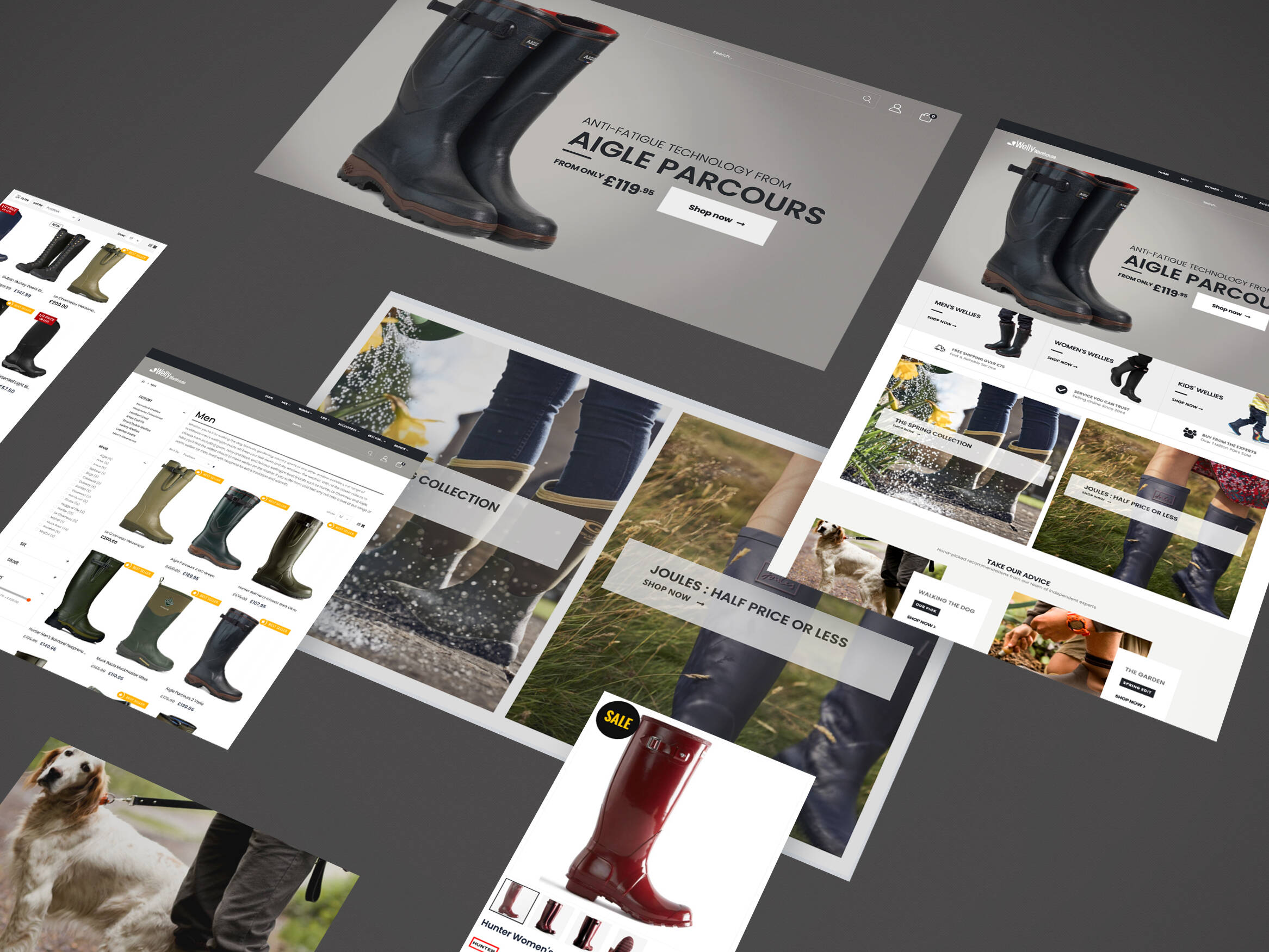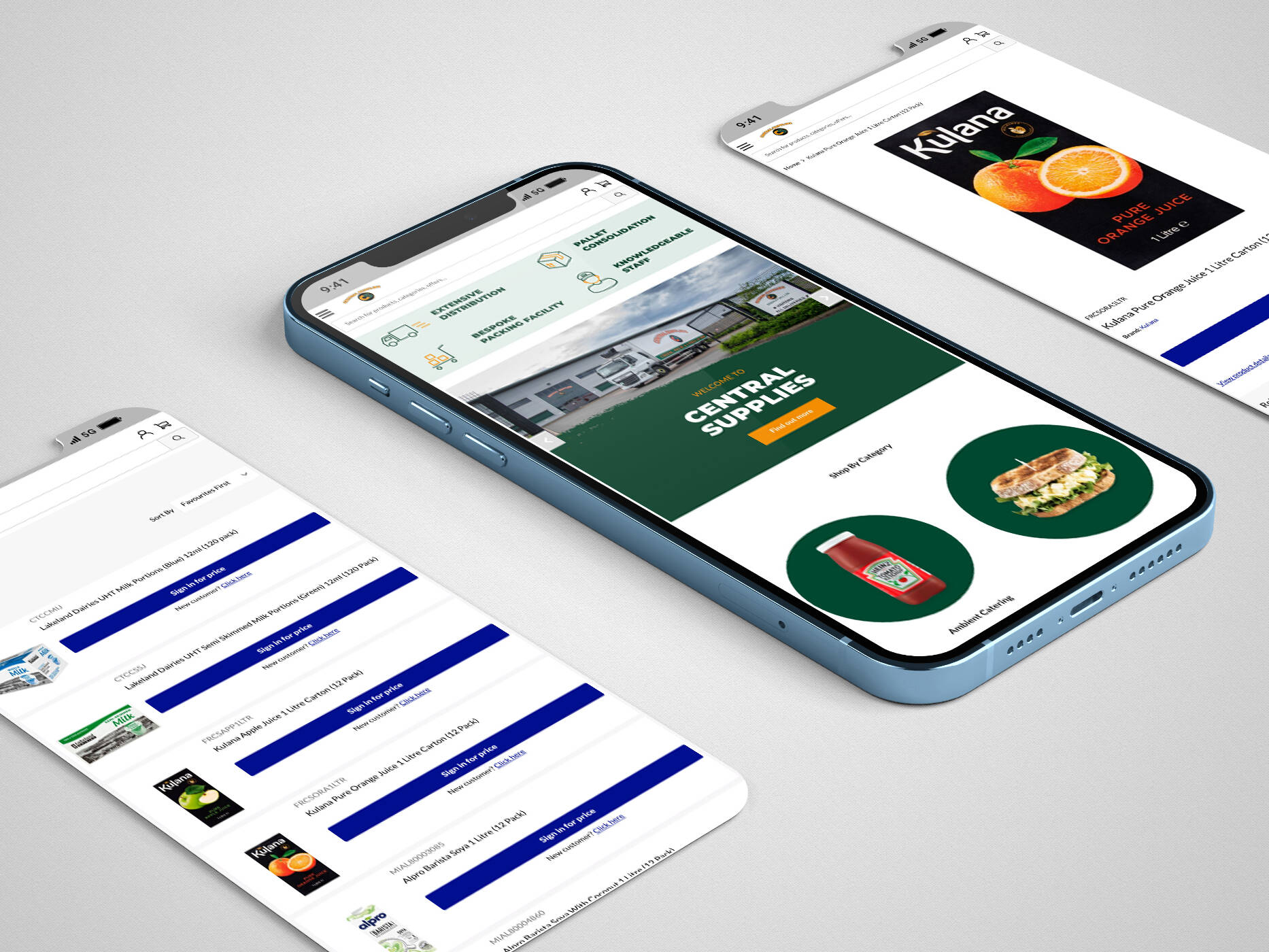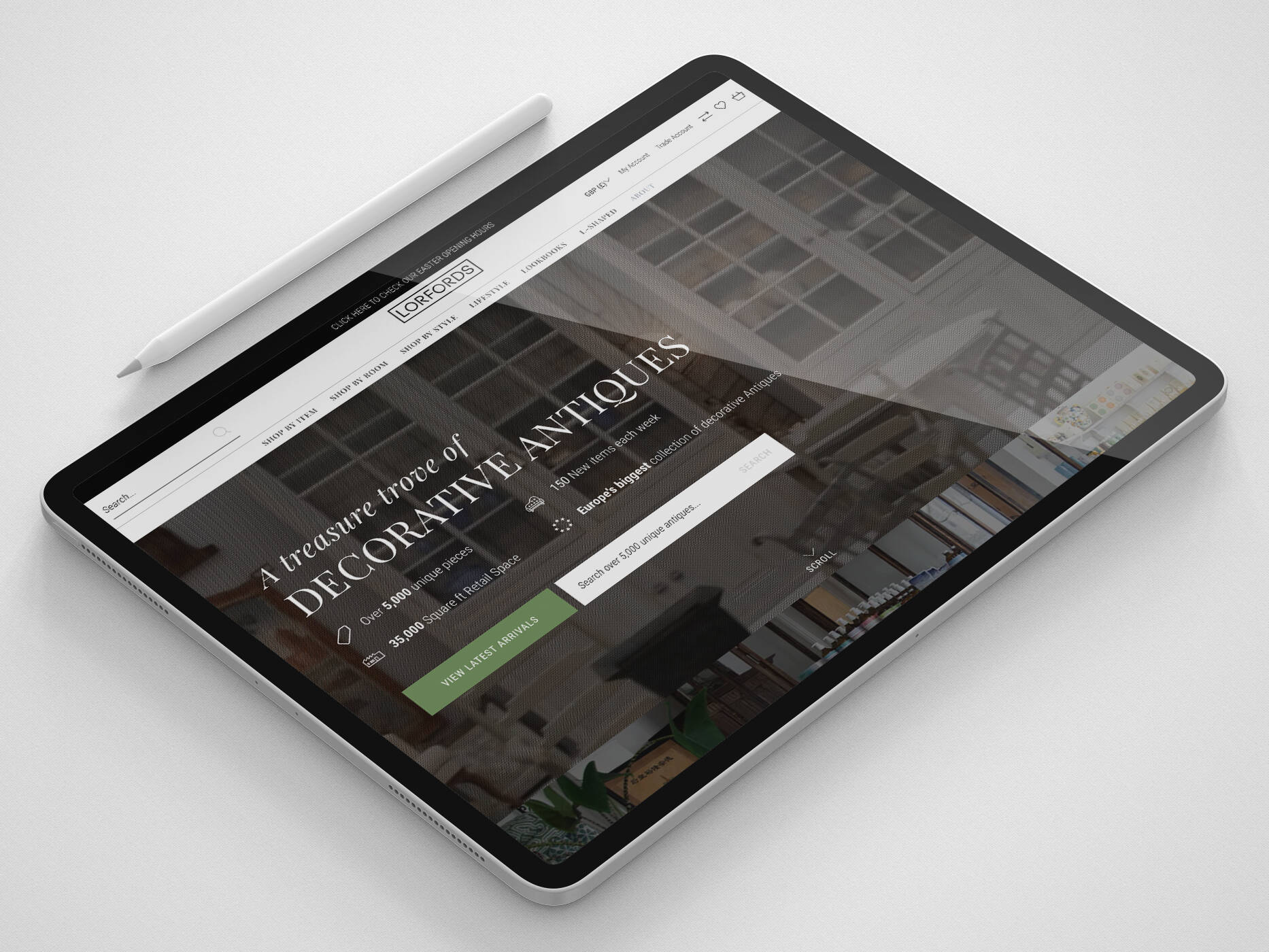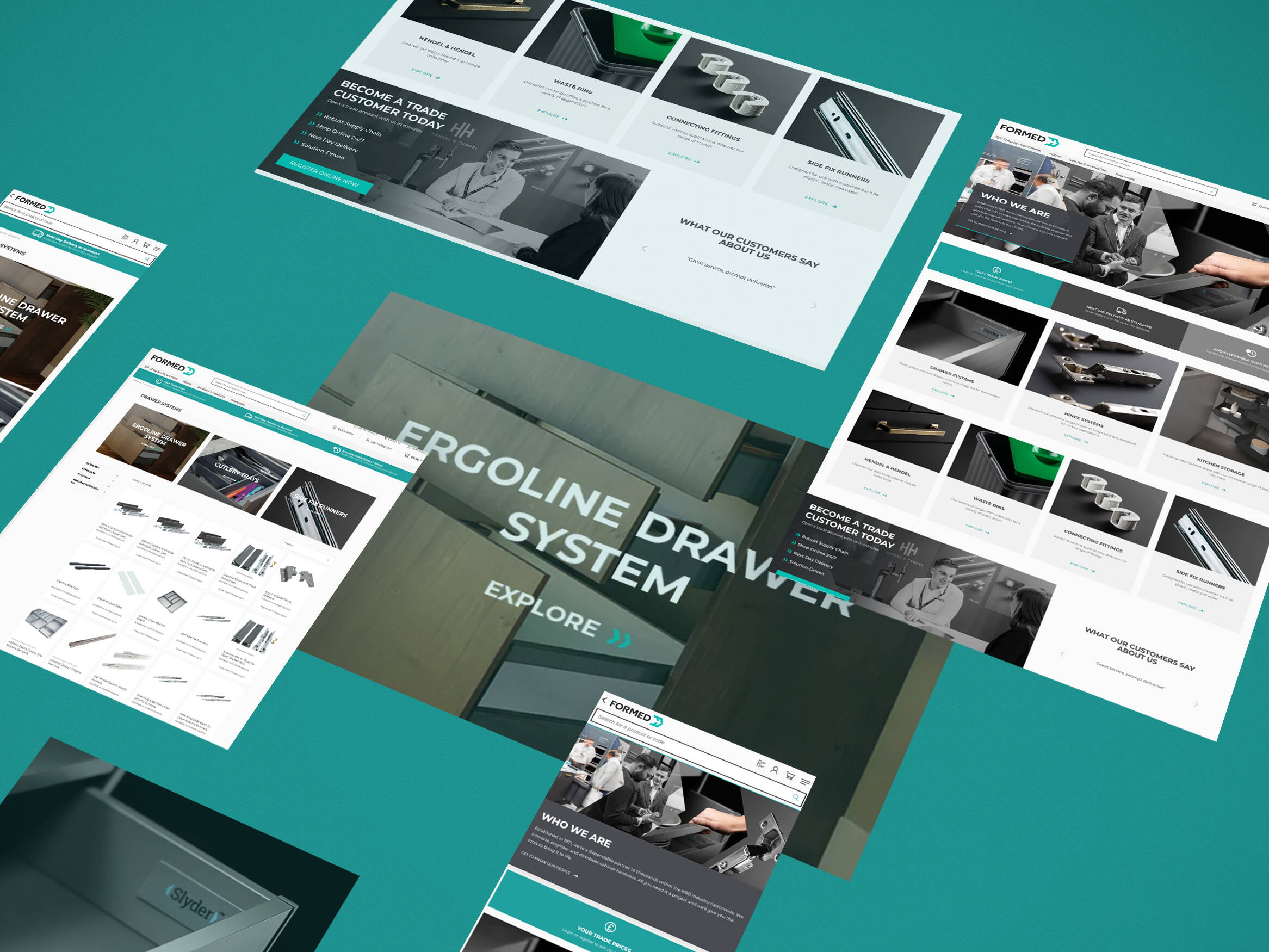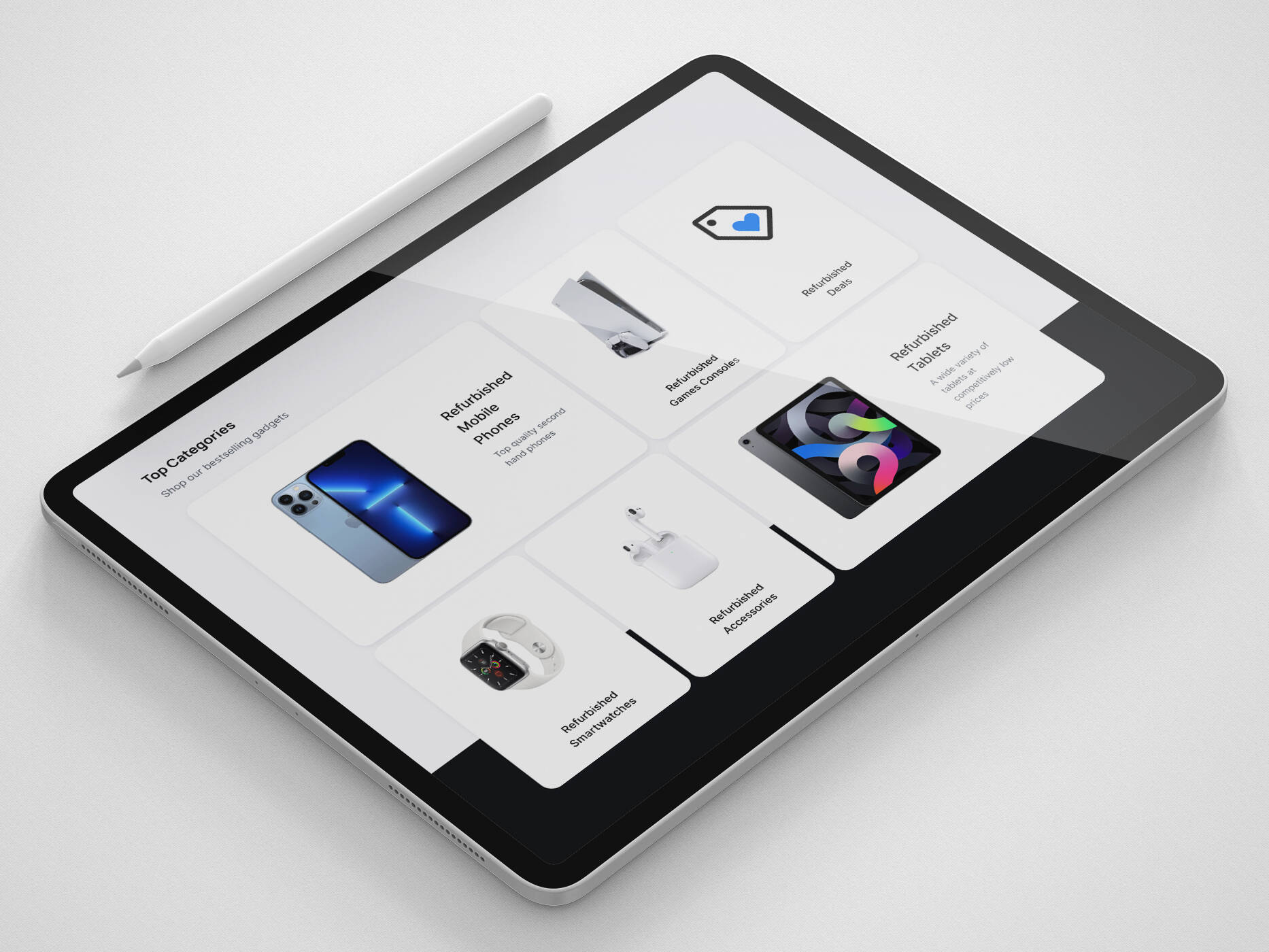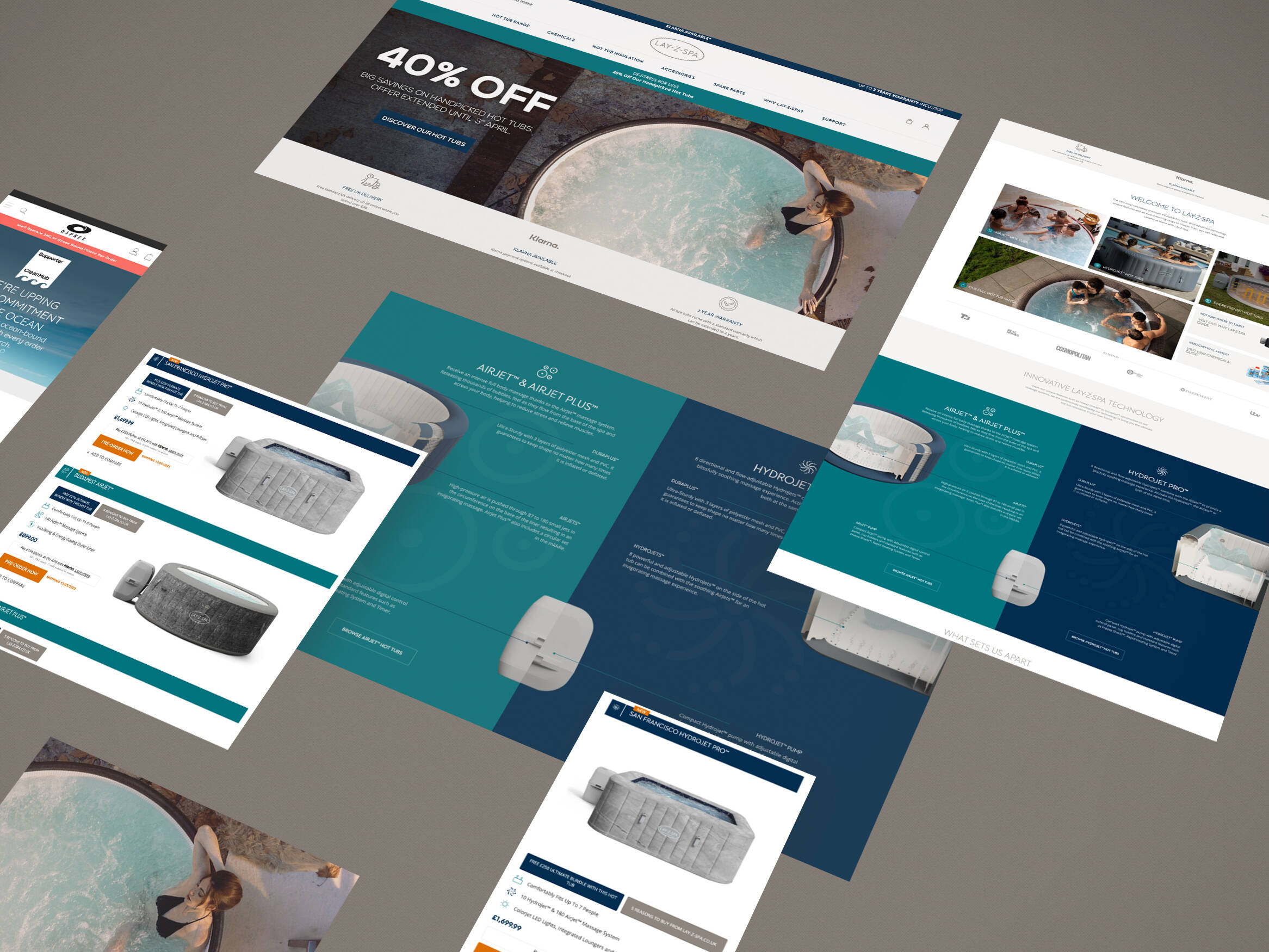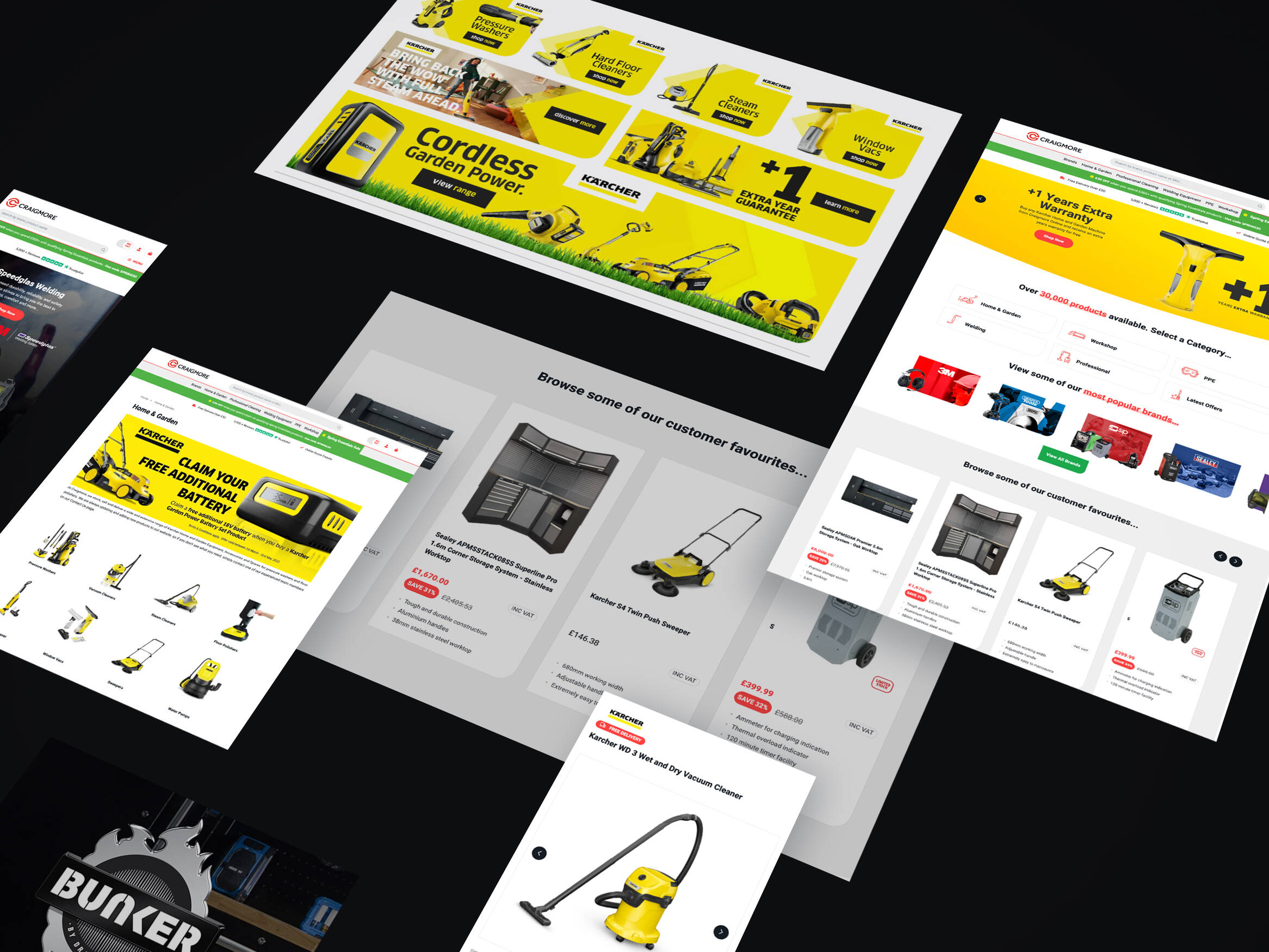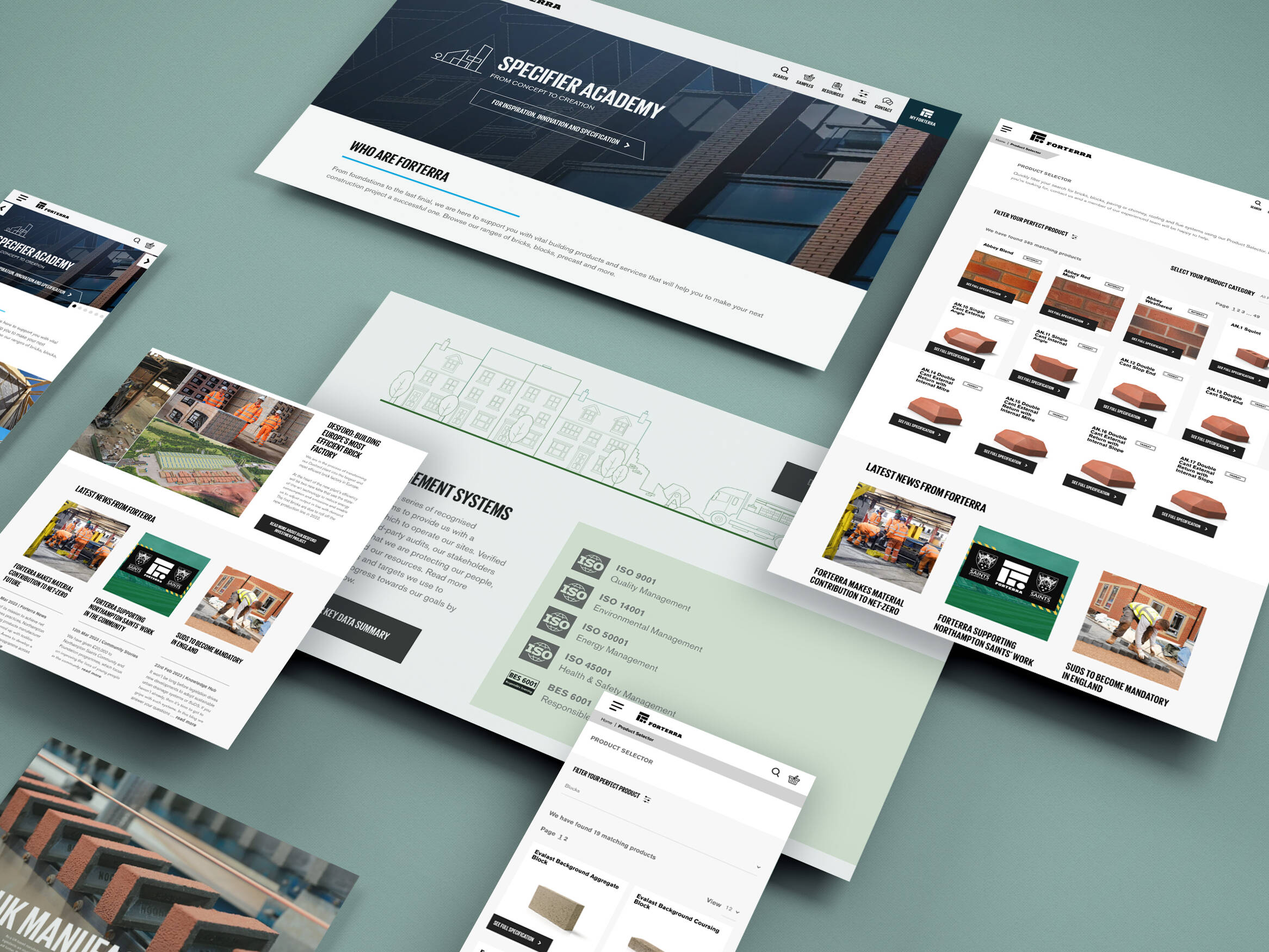International Fraud Awareness Week, celebrated annually from 17th – 23rd November, is an opportunity for businesses to promote anti-fraud awareness and educate businesses and consumers alike about how to keep your website secure in the digital age.
“On average, hackers attempt to break into a computer every 39 seconds. Scary, right?”
Security is, and will always be, the primary concern for eCommerce store owners because of the simple fact – customer information is worth a hell of a lot to criminals. In fact, data has recently been dubbed more valuable than oil.
With this comes great risk.
In the wake of the Cambridge Analytica scandal, customers are more guarded than ever before with their personal data – and rightly so. In the first 6 months of 2019 alone, 3,800 data breaches occurred, with Disney+, Morrisons and British Airways being some of the biggest culprits.
However, beneath the avalanche of bull-, customers really just want full transparency and to be reassured that their privacy is respected and protected within an inch of its life.
But the question is, is your eCommerce store’s security up to scratch?
If you haven’t migrated your website to Magento 2, then your eCommerce website, and its users, will be vulnerable. But you’re not alone. In fact, there are over 250,000 active sites using Magento, and only 11,000 of those currently run on Magento 2.
What are the security risks of not migrating to Magento 2?
Good question.
Patch updates for Magento 1 Community and Enterprise editions will cease as of June 2020. Thus, making your website vulnerable to server and website attacks, spam and silent capture of your customers payment details.
This not only puts your brand’s reputation at risk, but customer trust will dwindle and you could be subject to some hefty fines for breaching data protection legislation – just a few months ago, British Airways was fined £183 million (yes, MILLION) by the ICO for their data breach.
*Gulps*
In short, it’s a business’s nightmare. I promise that I’m not trying to scaremonger you, but it’s a pretty big deal, and I think you should be making your decision as well informed as you can.
Now, I know the looming transfer deadline day isn’t quite here yet and that June 2020 feels like a lightyear away, but in truth, it isn’t.
A good migration doesn’t happen overnight, most Magento 1 to Magento 2 migrations take between 3 and 6 months to complete successfully, depending on the complexity of your website’s functionality and the depth of your product catalogue.
When you add the shortage of available developers, along with trends in seasonal sales and peak periods such as Black Friday and Christmas, time is of the essence if you’re considering re-platforming your website for the sake of your customer’s security.
What else can I do to increase my website’s security?
There are a number of steps you can take to keep your website secure.
Use HTTPS protocol
Hyper Text Transfer Protocol Secure (HTTPS) is the protocol over which data is sent between your browser and the website that you are connected to. The ‘S’ at the end of HTTPS stands for ‘Secure’. It means all communications between your browser and the website are encrypted. HTTPS is often used to protect highly confidential online transactions like online banking and online shopping order forms.
What’s more, Google rewards websites who have made the change to the HTTPS protocol by favouring those sites in search engine results pages (SERPs) – it’s a win-win!
Choose a secure web hosting plan
A good hosting provider will make sure that their servers are protected as best they can against possible security threats.
However, sometimes cheap hosting isn’t good hosting. Usually, cheap hosting equates to lower levels of security than their more expensive counterparts.
Change passwords regularly
I know you probably hear it all the time – in fact, I’m a little sick of hearing it too. But ask yourself, how often do you really change your passwords?
I’m not judging, promise.
Many people have the same password for everything, and it simply isn’t strong enough. Tip: [INSERT NAME OF PET HERE]123 isn’t classed as a secured password, #SorryNotSorry.
Make sure your password is secure by using a mixture of:
- Letters
- Numbers
- Special characters
- Upper case letters
- Lower case letters
Secure your personal computer
Make sure your website has up-to-date antivirus software installed on your devices. This will help stop hackers from using your personal devices as gateways to accessing your FTP and injecting malicious files into your website.
Make sure you scan your website regularly using your antivirus software. In short, STOP clicking the ‘remind me tomorrow’ button. Now.
Backup your website
Make sure that you make regular backups of your website. This will ensure that you always have a fallback option if the worst happens and you lose your website.
There’s a lot to think about when it comes to website security, and it’s important to be aware of just how real these threats really are. If you are worried about your website’s security, our support package helps tackle threats head on, and work towards mitigating future security breaches. Do you want to know more? Contact us here.
Get in touch
We know commerce, let us help you improve customer experience, increase conversion rates, and make that digital change.
- hello@iweb.co.uk
